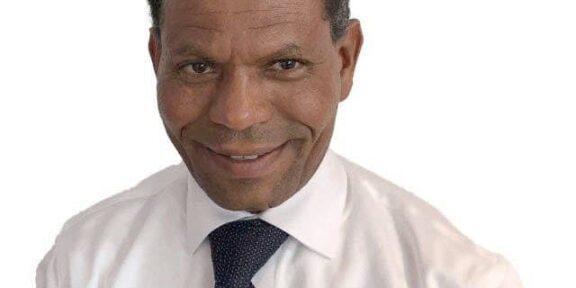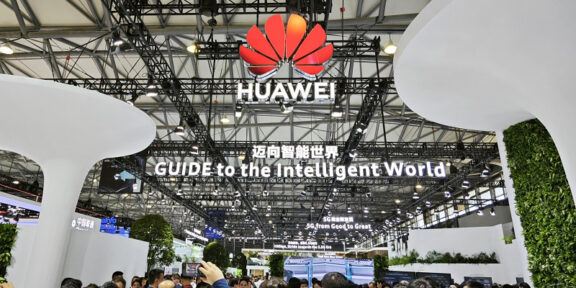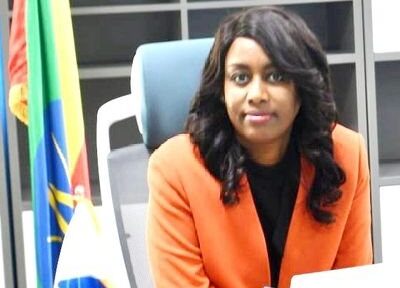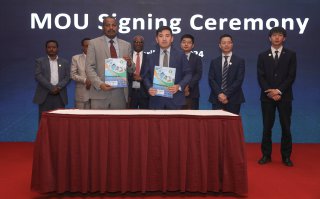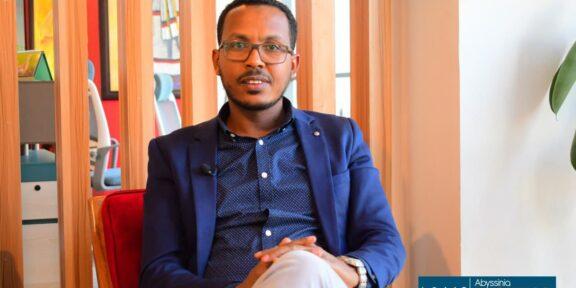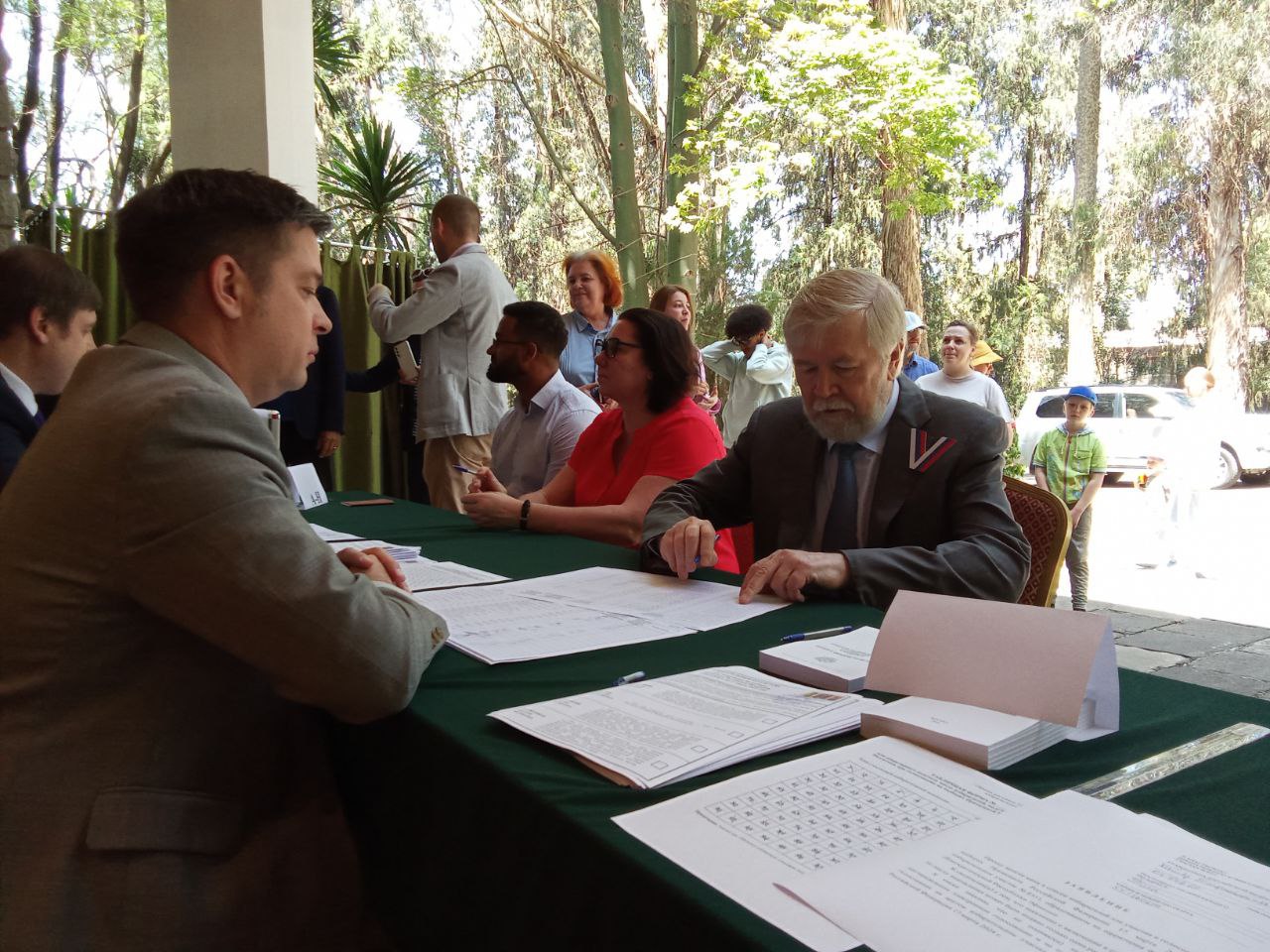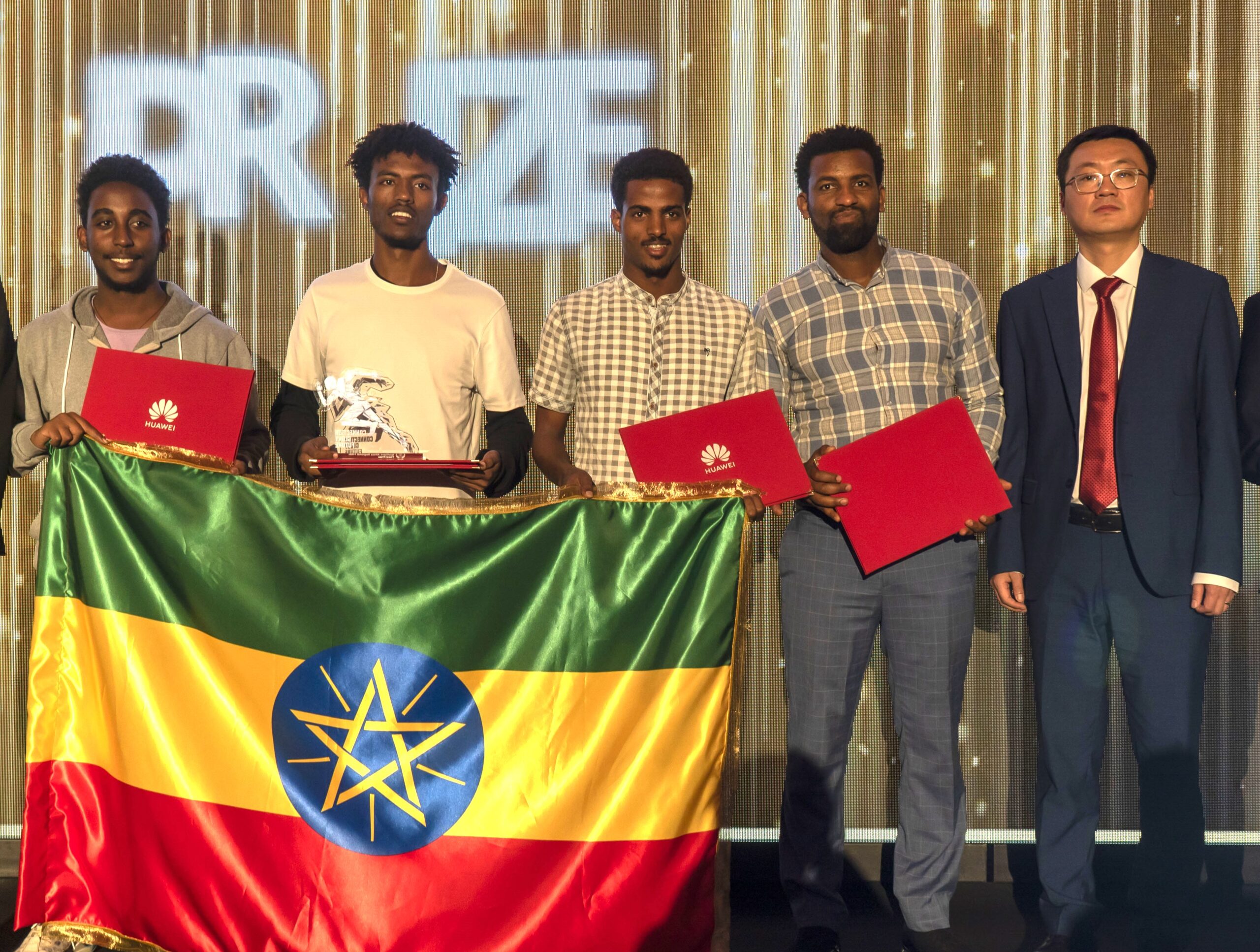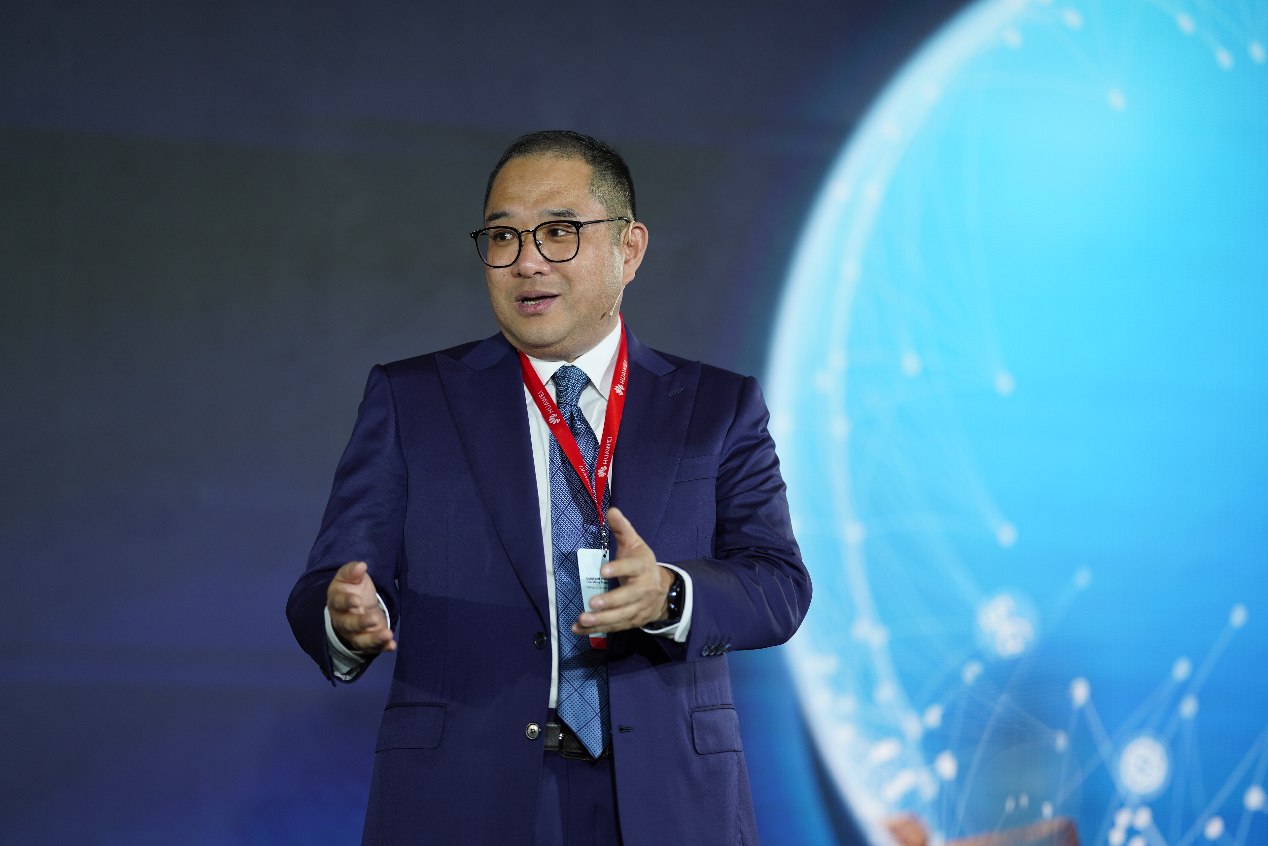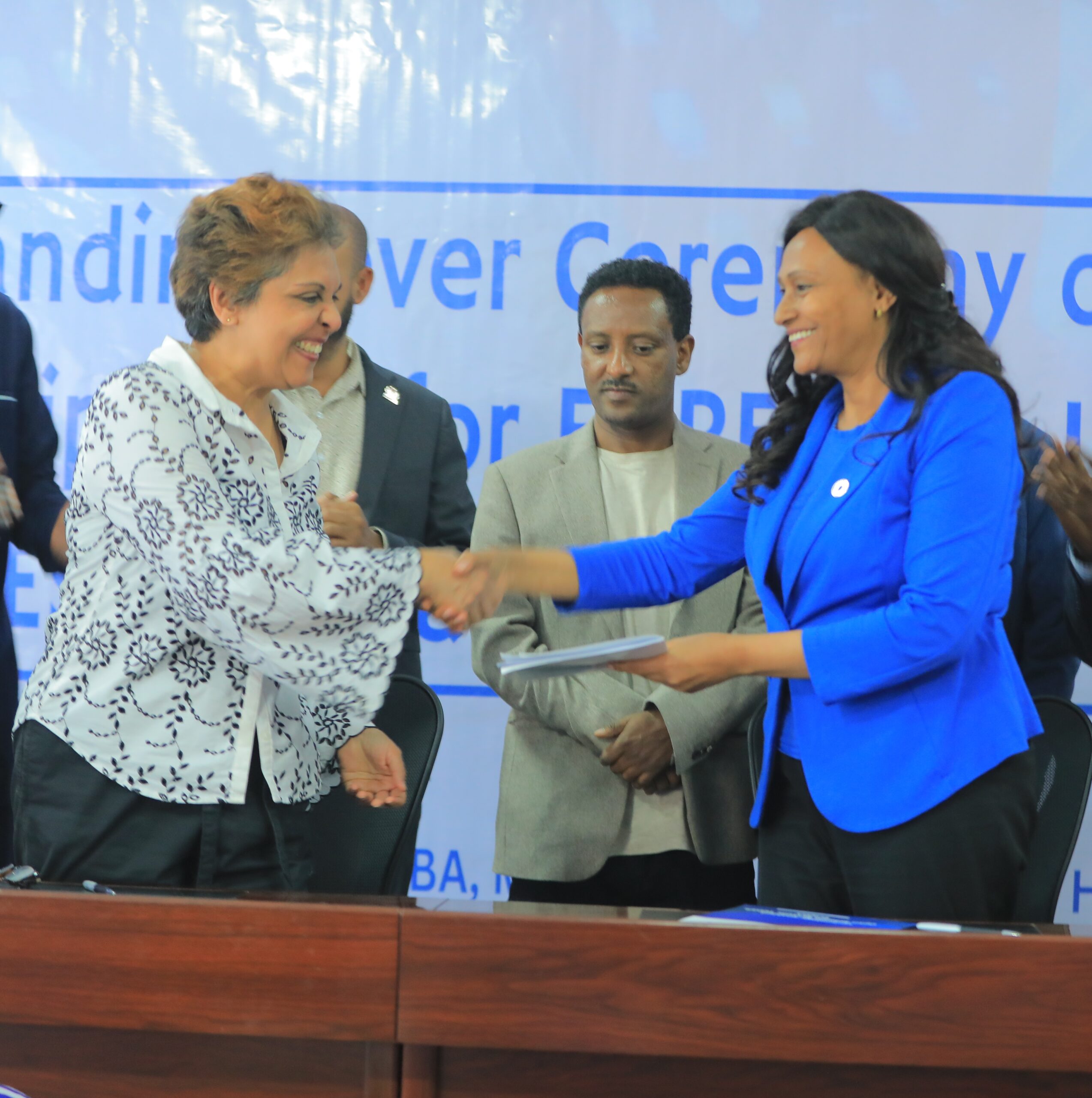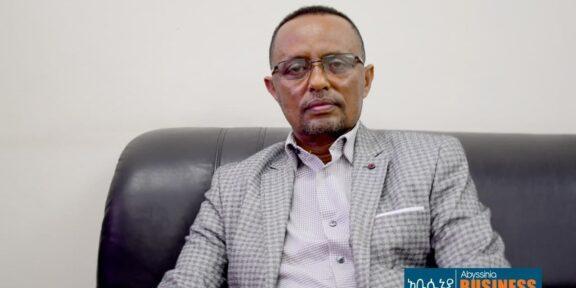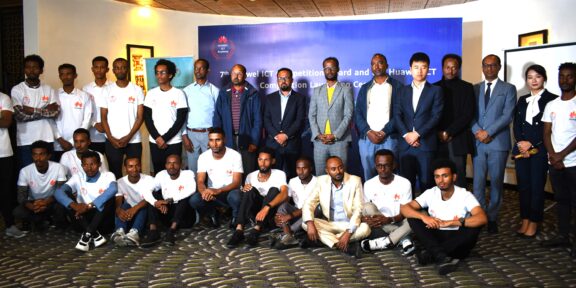By ABN staff writer
Energy is pivotal to catalyze development and attract foreign direct investment (FDI). It also has direct household-level impacts (making schooling accessible to everyone), brings equity among gender disparities, reduces pressure on natural resources, and enables access to a health facility. These fundamental human needs that are accorded in the UN universal declaration of human rights are now very luxurious to the majority of Ethiopians.
To live a dignified life, Ethiopians need access to energy, health, and education. To counter fight this multifaceted poverty syndrome, Ethiopia has initiated a multi-billion dollar homemade energy infrastructure development and expansion plan. GERD is part of this relevant and timely national infrastructural project.
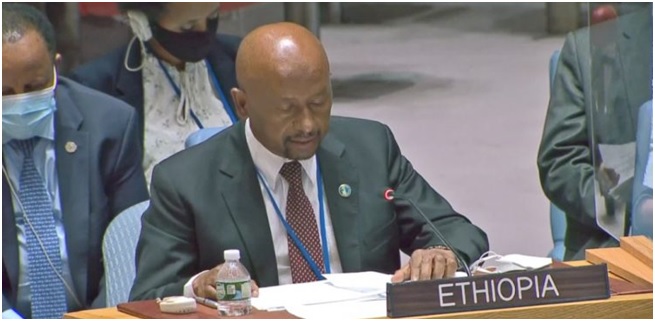
Energy for Ethiopians is not of a luxury commodity, preferably a hard fight choice to live a dignified life. GERD is a long-awaited dream for millions of youth for an employment opportunity, and bread for the impoverished drought-hit pastoral communities. Most importantly, there is no reasonable electricity access to the majority of the Ethiopian rural villages and towns. Only 40 percent of the nation’s total population has access to either grid or off-grid electricity. “ETHIOPIA is always looking forward to a “win-win solution” for the Grand Ethiopian Renaissance Dam through trilateral negotiation.”
It is also a long-awaited dream for the rural shepherd who used to chant slogans and sorrows against the bad deeds that the Blue Nile has caused over his ancestors’ land. Above all, it is a quest for equity and shares over one’s natural resources. The Blue Nile, of which 86 percent flows from Ethiopia, annual water use is only 10 billion cubic water as compared to Egypt’s 75 billion cubic water.
Ethiopia’s Minister of Water, Irrigation and Energy Seleshi Bekele said that ETHIOPIA is always looking forward to a “win-win solution” for the Grand Ethiopian Renaissance Dam through trilateral negotiation, rejecting the 1902/1952 colonial water agreements.
Dr. Eng. Seleshi said, “We have discussed the current stalemates, mechanisms of resumption of negotiation and Ethiopia’s views on the negotiation issues, progress of the construction and way forward,” adding that Ethiopia remains committed to a win-win solution and as always committed to African solutions for African problems in finding true solution through trilateral negotiation.
Egypt and Sudan have jointly and separately highlighted the need to reach a binding agreement on the dam, to secure the rights of both countries.However, Ethiopia unilaterally implemented the first phase of the dam filling last year and insists to implement the second filling in July 2021 despite the absence of a binding agreement and the concerns of the Egypt and Sudan.
Sileshi noted that the construction two bottom outlets (BO) of the GERD that provides release of water into the downstream has been completed, tested and became operational, without decreasing the historical flow of the water.In the rainy season these bottom outlets guarantee flow while filling takes place as inflow
such GERD is important for power generation for the needs of Ethiopia, the Minister stated.
“It removes flood risk in Sudan like the one occurred last season, saves losses of water in flood plains and GERD is not a concern for harm. It is designed smart as filling and construction go in parallel, constructed as high quality and state-of-the-art modern facility.” Sileshi pointed out.
To break the continued delaying tactics and the obstruction of the two countries, Ethiopia proposed new strategic solutions towards creating a conducive atmosphere and progressive confidence, Sileshi pointed out. Accordingly, Ethiopia proposed a proper reciprocal data and information exchange and conclusion of the rules and guidelines for the filling of the dam in the next 3 to 5 years. Sileshi called on all Ethiopians to understand that the country has all the legal and natural rights to utilize its natural resource, and that is why the Grand Ethiopian Renaissance Dam (GERD) is being constructed to ensure its socioeconomic development effort, and pull citizens out of abject poverty. On the other hand, he stated that those Ethiopians who stand against this position of the country are undoubtedly considered to have





